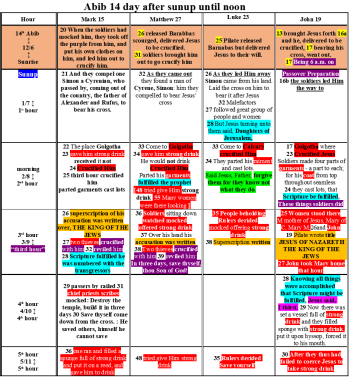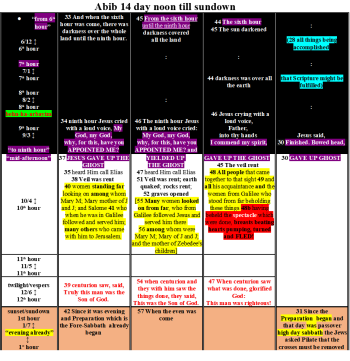I won't argue the point but provide the following as explained many years ago on another forum, by a Greek Orthodox priest:
So the question is, how can Christ have risen on the third day, after three days, and once three days and nights have passed? Was Christ contradicting himself? No, but Christ was speaking in such a manner that not everyone could understand him, but that biblically both statements were true at the same time.
Remember that we have to look at how the early Christians thought about these things. They were taught directly by the Apostles and handed down the very Scriptures we have today. The early Church Fathers, the early liturgical sources, and Scripture itself answers this question.
Remember that Scripture clearly defines the first definitions of day and night. "The light he called day, and the darkness he called night." This was before sun and moon starts. Scripture is clear that there was darkness over all the earth (land) from noon to 3pm. St. Mark states that Christ was crucified at the 3rd hour of the day (9am). That means, for 3 hours light (day 9am-noon), or 3 hours darkness (night noon-3pm), for another three hours day again (3pm-sundown), then night (sundown to sunrise), then day again (sunrise to dark on Saturday), then night again.
This gives us three days and three nights.




